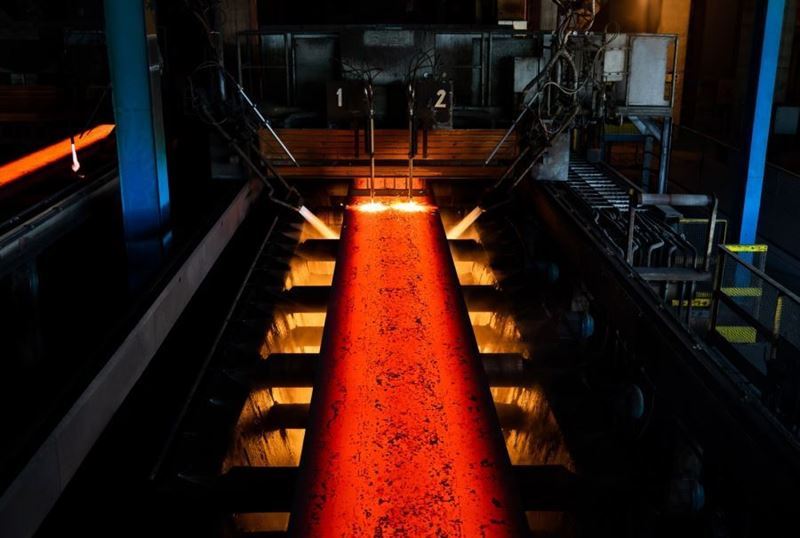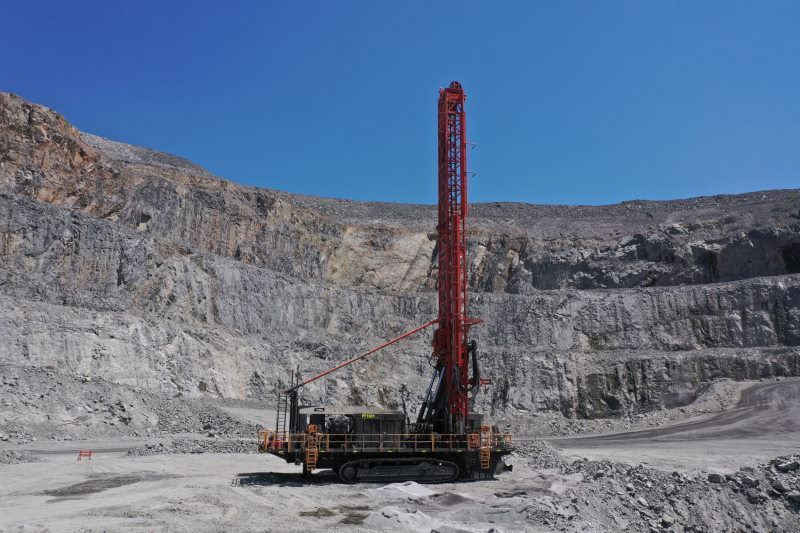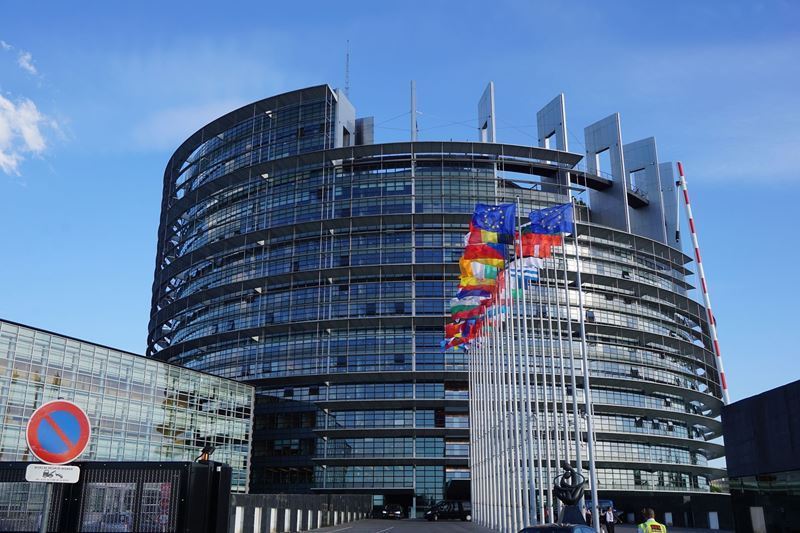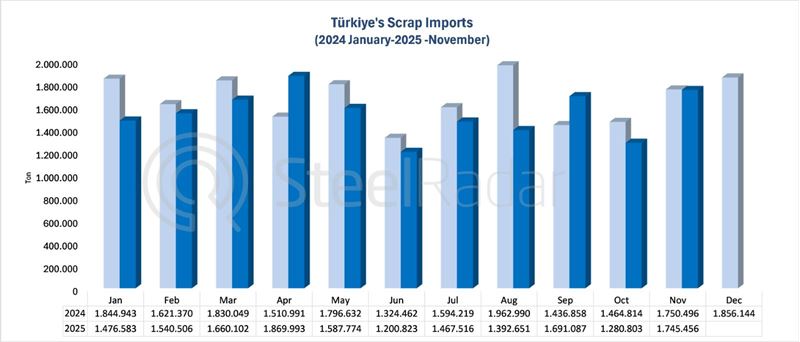The Turkish Steel Producers Association (TÇÜD) announced steel production, consumption and foreign trade data for April 2025. Accordingly, Türkiye's crude steel production increased by 7% y/y to 3 million tons in April 2025. In the January-April period, production decreased by 1% to 12.3 million tons.
Finished product consumption decreased by 2.9% to 3 million tons in April 2025 compared to the same month of 2024.
In the first four months of the year, final product consumption decreased by 6.3% to 12 million tons.
Exports increased
In April 2025, compared to the same month of 2024, exports of steel products increased by 14.4% to 1.2 million tons in quantity and by 6% to USD 813.1 million in value.
In the January-April period, exports of steel products increased by 17.3% yoy to 5 million tons and by 7.6% y/y to USD 3.4 billion in value compared to the same period of 2024.
Imports decreased by 9.1%
In April 2025, imports of steel products decreased by 9.1% in quantity to 1.4 million tons and by 13% in value to USD 1 billion compared to the same month of 2024.
In the January-April period, imports of steel products increased by 0.9% y/y to 5.6 million tons in quantity and decreased by 6.6% y/y to USD 4 billion in value compared to the same period of 2024.
The ratio of exports to imports increased by 83.4%
The ratio of exports to imports, which was 72.4% in the January-April period of 2024, increased to 83.4% in the same period of 2025.
According to data released by the World Steel Association (WorldSteel) for April 2025, world crude steel production decreased by 0.3% y/y to 155.7 million tons and by 0.4% y/y to 624.4 million tons in January-April 2025.
In April 2025, China's crude steel production remained at the same level compared to April of the previous year. In the January-April period, China's crude steel production increased by 0.4% y/y to 345.3 million tons. India's crude steel production, which ranked second, increased by 6.9% to 53.2 million tons, while Japan's production decreased by 5.3% to 27 million tons.
“Türkiye's crude steel production increased by 7% to 3 million tons in April, while production in the January-April period remained stable at 12.3 million tons compared to the previous year,” stated Veysel Yayan, Secretary General of TÇÜD. In addition to the increase in production, Germany's production decreased by 10% in April, strengthening Türkiye's 7th place position. After a 23% decrease in total finished product consumption in March and a 13% increase in long products consumption, the rate of decrease slowed down in April. In the January-April period, imports of billet products increased by 10.6%, while Türkiye, one of the world's largest exporters of long products, imported 14.6% more long products. In this period, the steel foreign trade deficit remained as high as 600 thousand tons, albeit partially reduced thanks to a 17% increase in exports and only a 0.9% increase in imports."
“Overcapacity exceeds 600 million tons”
Evaluating the OECD report in his statement, Yayan noted; “On the other hand, according to the data shared in the recently published OECD ”Steel Outlook" report, with the increase in world steel production capacity realized at higher rates than the increase in demand, the global steel overcapacity exceeded 600 million tons in 2024. The possibility that this figure will increase in the coming years and that Far Eastern countries, especially China, whose exports to our country have increased extraordinarily, will further concentrate on our country with dumped products has caused discomfort."
Export restrictions decrease scrap imports by 20%
Veysel Yayan, referring to the damages of overcapacity, emphasized: "In addition to leading to dumped exports, overcapacity also increases the negativities by decreasing the profitability of companies and disrupting green transformation efforts on a global scale. Another challenge to transformation is the global attempts to limit scrap exports. In recent years, while the EU's scrap consumption has increased, its exports have decreased, leading to a 20% decrease in scrap imports from Europe in the last 5 years. In order to establish the sustainability of the Turkish steel industry, it is important to create alternative input opportunities to scrap, to limit the increasing dumped imports from Far Eastern countries, and for this purpose, to place the Inward Processing Regime application in a framework that prioritizes domestic supply, in order to increase the contribution of our steel industry to the elimination of the current account balance deficit."










Comments
No comment yet.